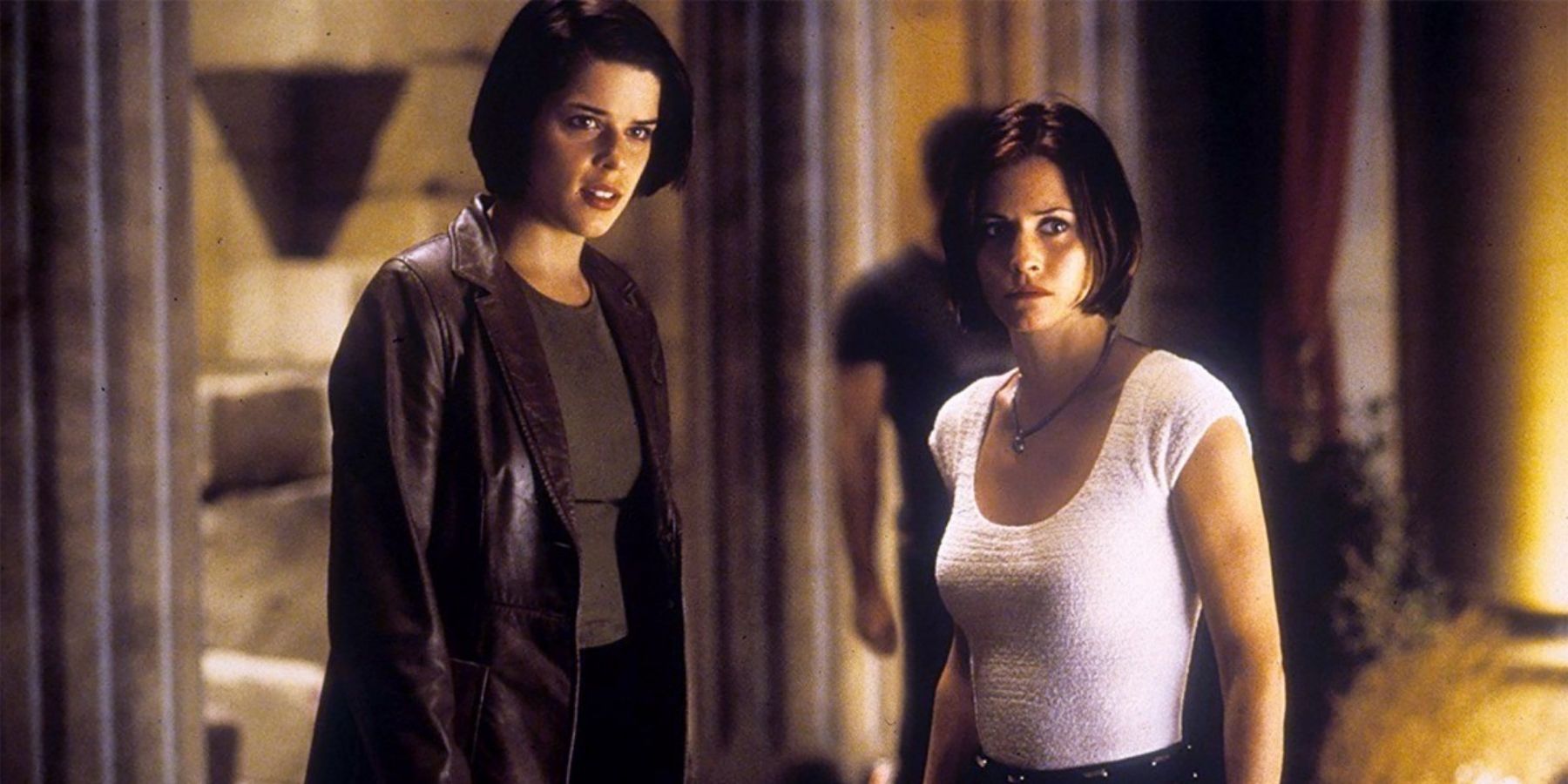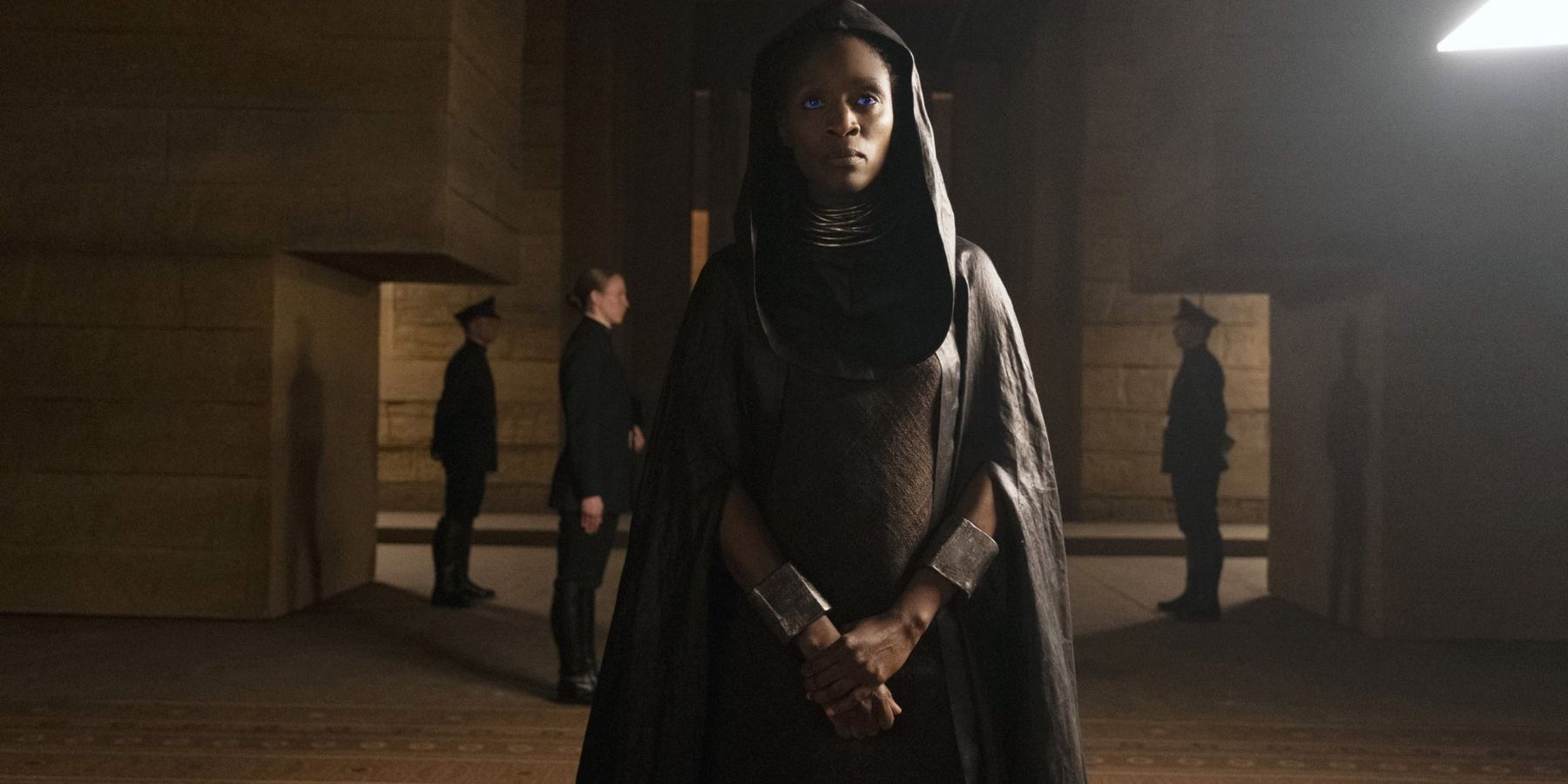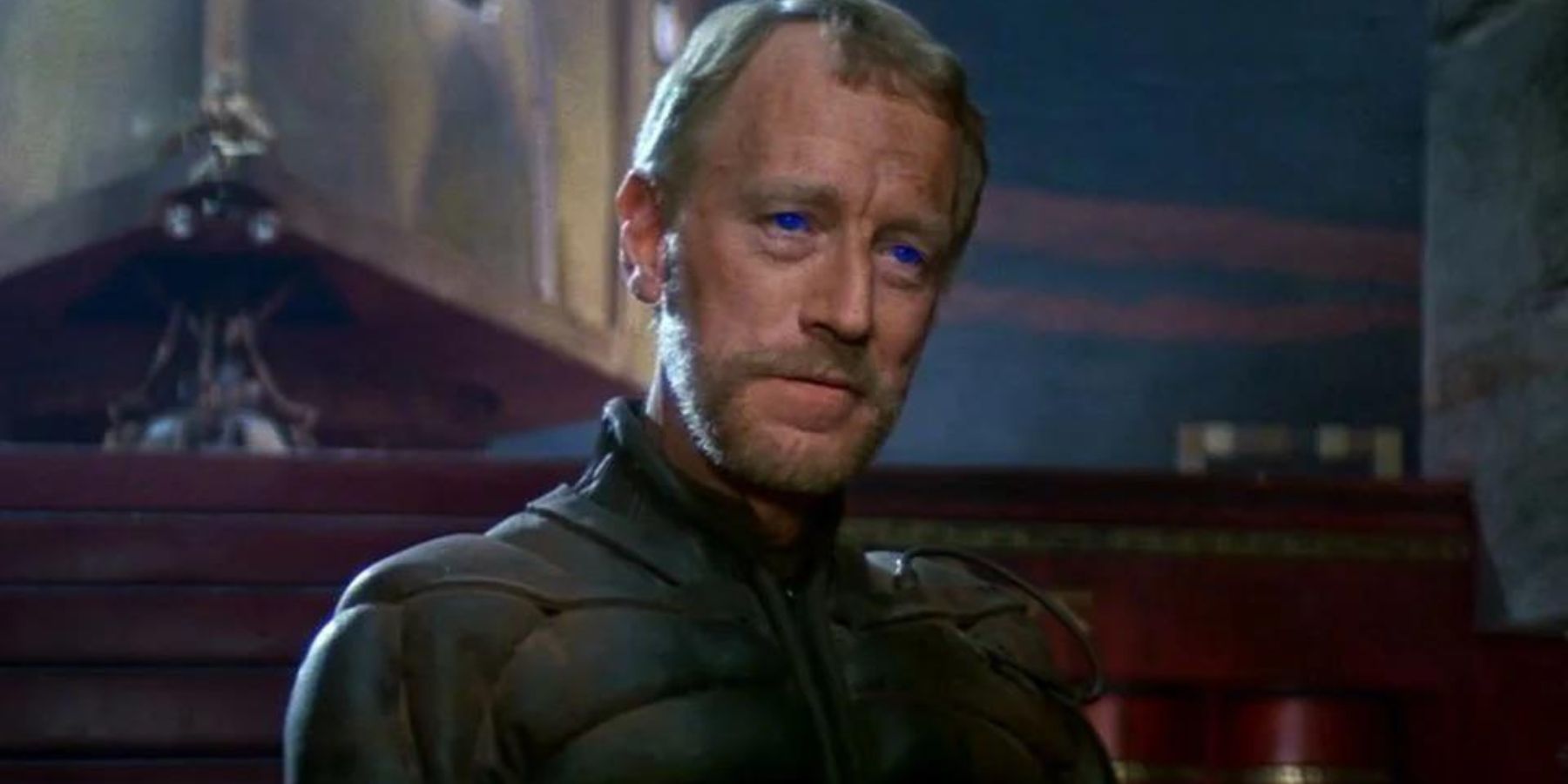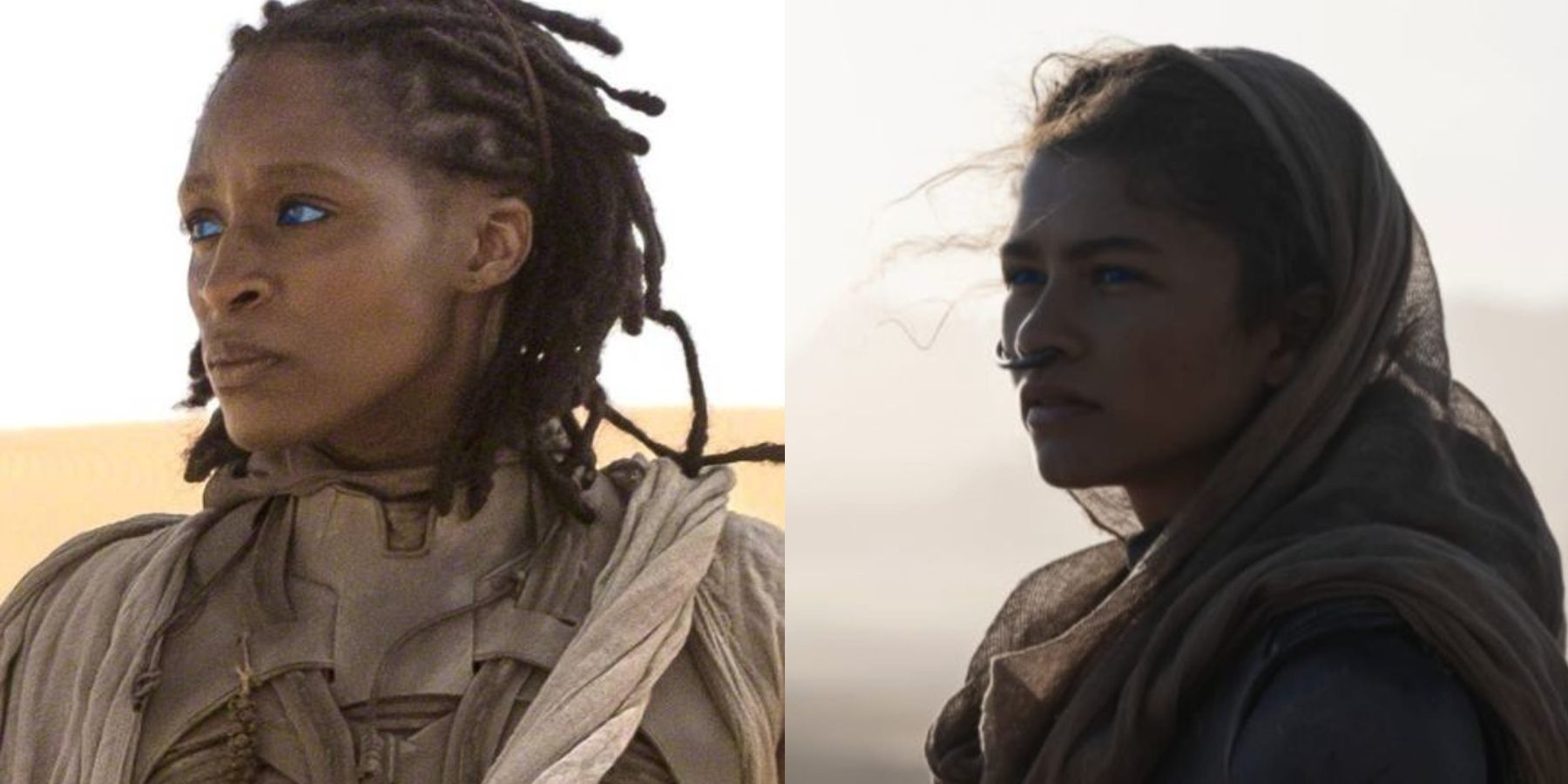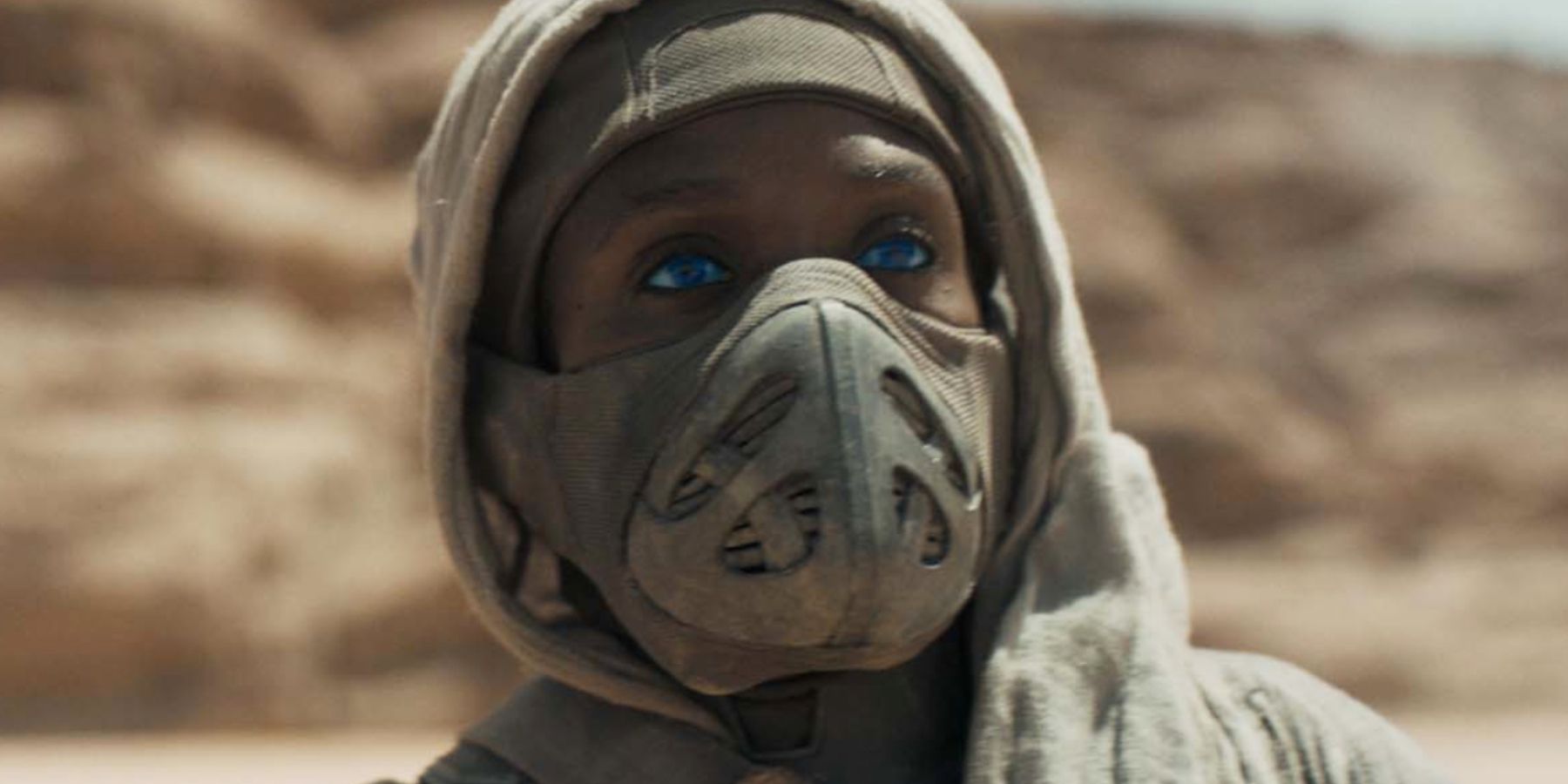Anytime a significant change is made to a character in an adaptation, especially one as well-loved as Dune, it’s certain to catch the attention of pre-existing fans. However, when writing for a modern audience, the inclusion of diversity is an important point to focus on. In order to make sure that Dune's story, which was written in the 60s, still felt relevant to a broad audience today, a few changes to incorporate some diversity were essential. Considering there aren’t many powerful female characters in the Dune novel (aside from the Bene Gesserit), some were going to have to be incorporated into the adaptation to create more of a balance.
The decision to make Liet’s character a woman is significant in that it adds to female influence in the world of Dune. There were no particular qualities about Liet’s character that would have been complicated by changing the character's gender; thus, for the sake of creating more diversity, it was a wise choice to change this character among others.
In Frank Herbert’s novel, Liet Kynes is the Imperial Planetologist of the barren planet Arrakis and a very respectable scientist. He serves as a bridge that unites groups through a common goal. He is the son of Pardot Kynes, the original Imperial Planetologist of Arrakis, and a Fremen woman; thus, he grew up with a foot in both worlds. The Fremen communities are loyal to him, and trust him more than most Imperial associates. Liet Kynes is eventually captured by the Harkonnens and left in the desert without a stillsuit or water, where meets his end by a spice blow.
Growing up with the Fremen tradition, Liet’s greatest contribution begins when he inherits his father's role as planetologist and thus begins continuing on the process of terraforming Arrakis into a temperate planet; this is one way he contributes to the forward momentum of Dune's story. Another significant way that Liet’s character contributes to the story in the books, though, is through his daughter Chani. Chani ends up having a very influential role in the series alongside Paul, though again, it is not as openly influential as Liet’s.
Though Chani has little to do with what audiences see of Liet’s character on screen in the 2021 film, she is sure to be an extension of her mother’s character in some way. It has not yet been determined how Liet’s character being a woman in the movie, and thus the main feminine influence in Chani’s life, will affect her character in future films. Perhaps there will be no change, but it could easily be written into the story to further the complexity of Chani’s character arc. It could potentially add a new standard to the story to which Chani feels obligated to hold herself, or maybe it will affect her self-image in some way.
Because Liet Kynes, a woman, is such a respectable scientist, it makes a statement about the position of women in that world, as well as shining an interesting light on Chani’s character. There are several female characters in Dune that are strong in their own right, between Chani and characters like Jessica, who demonstrate power through the order of the Bene Gesserit. However, none are as openly strong and science-focused as Liet-Kynes in the film. The first Dune book does not have many particularly strong and inspiring female characters, though later books in the series have more. This lack of women in positions of power is what makes Liet stand out. By making an influential scientist like Liet Kynes a woman, it suggests that women are easily capable of maintaining such positions in this world, which creates a wider variety of admirable characters for female viewers to connect to.
Liet’s character relays a vision of a planet that has an abundance of water and resources available to the Fremen. Given that women are viewed in our society as nurturers and are a reflection of mother nature through their ability to create new life, this seems to add a metaphorical layer of relevance to her character being a woman, and inspiring this idea of the world in others. It almost seems more fitting, on that note, for the character filling this role be a woman. One whose body is capable of nourishing life, is the one creating a vision of a nurturing planet.
That said, Imperial Planetologist was an inherited position for Liet. While it could be argued that inheriting it was indicative of Liet’s fate and natural ability for the position, it could also be argued that this indicated that gender played no role in the ability to perform this job. This would suggest that gender was less significant in determining a person’s capability or importance to this society. Either way, it points toward the importance of gender equality for such a societal structure to function properly.
While the beliefs and ideas of the Bene Gesserit balance on the realms of mysticism and science, Liet Kynes ideologies are founded in science. This detail gives a less common representation of women, and negates stereotypes: it portrays a woman whose ideals are rooted in logic, rather than emotion. This point alone serves as a refreshing focus on female diversity in the film, but is still not the extent of how the gender swap adds to the story. Additionally, though changing the gender of the character does remove the parallel between Liet and their daughter, Chani, having both lost a father, it adds a new parallel by making them both women. This could impact Chani in a more long-term way throughout the movies.
Ultimately, the gender swap does not affect the character’s role in the story, nor does it affect the way that Liet Kynes dies in the film, though that does change a bit. In the film, Liet more deliberately sacrifices herself, making her death feel a bit more emotional and significant to the greater good. Because the change does not affect the main focus of this character or what they bring to the position they fill, it was an effective decision that doesn’t take away from the essence of the character.
As a result of the gender change, the world becomes even more complex and inspiring, which is what all great adaptations aim to achieve. The true success of changing the character’s gender can’t be completely determined until it’s seen how it will play into the remainder of the story. That said, based on what’s been seen of its effect so far, it seems like it can only contribute to the complexity of the story, adding yet another layer to the rich story of Dune.



